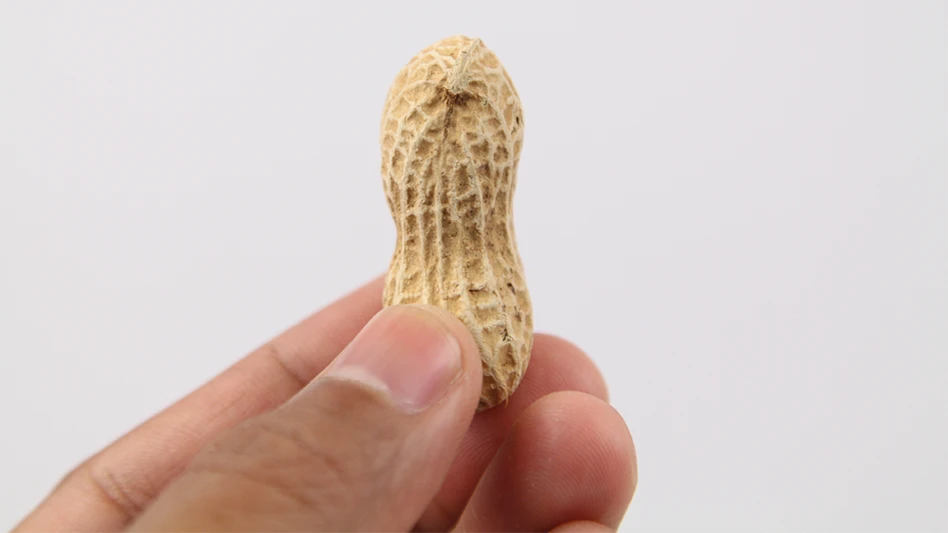.jpg) Today's consumer preference for natural products is a boon to Nolan Ryan Beef |
One of the most significant changes that Nolan Ryan’s All Natural Beef’s CEO Charles Bradbury has seen in the meat industry over the last decade, and even since the Cover Profile on the company in QA’s March/April 2007 issue, has been the rise of consumer awareness and the need to provide options to accommodate the resulting variety of preferences.
Ryan began his brand in 2000 with the goal of providing an all-natural product that would be of consistent high quality and tenderness. The resulting Guaranteed Tender Beef was and continues to be a success, but it wasn’t long before the company began getting further inquiries from retailers and consumers.
With the implementation of country of origin labeling (COOL), the company’s primary retailer, Kroger, began asking for more focus on the company’s Texas Beef program, enabling a U.S. origin on all products. Because some of the cattle the company was sourcing at the time was Mexican-born, it took a new look at its supply chain and made the switch to work with JBS, for both supply and processing of Texas beef.
But U.S. origin wasn’t the only new consumer preference with which the company was faced. Rather, Bradbuy said, customers began asking for further naturalization of the product, particularly grass-fed beef. “It was an educational process,” Bradbury said. “There’s a lot of interest in it, but there is a lot of variation in what people call grass-fed beef.” Ultimately, the company developed a new line, based on the industry’s “Never Ever” program. As the product description states, Nolan Ryan’s All Natural Grass Fed Beef is made from “cattle raised exclusively on a grass fed diet, never with any added hormones, antibiotics, artificial ingredients, or preservatives. Our grass fed beef is 100% all natural and hand selected for tenderness and quality. All of the cattle are born in the U.S. Ranchers who supply the program must meet strict standards. Every ranch is visited, and the cattle are evaluated before approval as a supplier.”
There is a great deal of variation in consumer preferences and price points, Bradbury said. “So, to be successful, you have to provide choices,” regardless of whether the reasons for consumer preference for that choice holds validity or not. “I have found that, in most cases, you won’t change consumers’ minds, so you just have to inform them. You have to be honest about the facts, then back off.”
Another practice that has recently seen added consumer and regulatory focus is that of mechanically tenderized meats and the requirement to label it as such and include instructions to cook to a minimum 160°F. While the regulation does not directly impact Nolan Ryan Meats because its products are naturally tender, Bradbury sees it as having a positive indirect effect. “In the last 10 years, the industry has done a good job of improving tenderness, so we saw it go away as a big issue. But now, I think you’re going to see it coming back.”
And when your product name is “Guaranteed Tender Beef,” that can only be a good thing.

Explore the August 2013 Issue
Check out more from this issue and find your next story to read.
Latest from Quality Assurance & Food Safety
- Nestlé Opens Arizona Beverage Factory and Distribution Center
- Ingredion Invests $100 Million in Indianapolis Plant to Improve Efficiency, Enable Texture Solutions Growth
- Eagle Unveils Redesigned Pipeline X-ray System
- USDA Invests Up To $1 Billion to Combat Avian Flu, Reduce Egg Prices
- Washington Cats Confirmed with HPAI as Investigation into Contaminated Pet Food Continues
- USDA Confirms Bird Flu Detected in Rats in Riverside
- Kyle Diamantas Named FDA’s Acting Deputy Commissioner for Human Foods
- QA Exclusive: Food Safety Leaders React to Jim Jones’ Departure, FDA Layoffs





